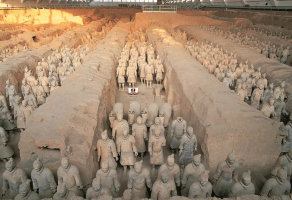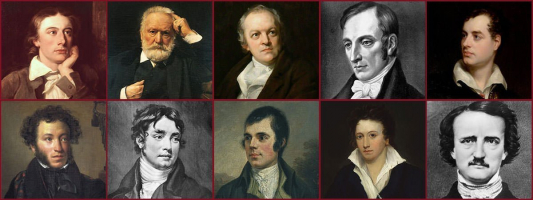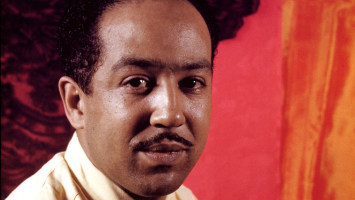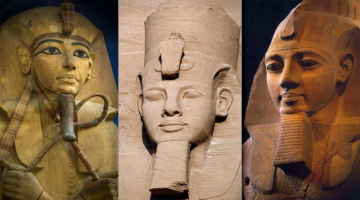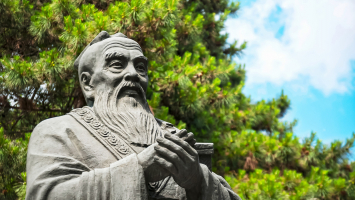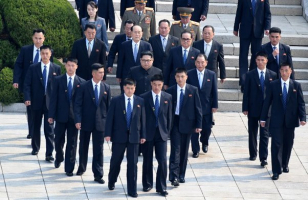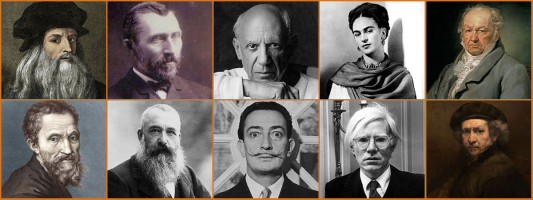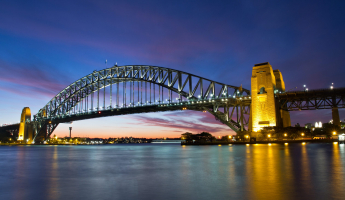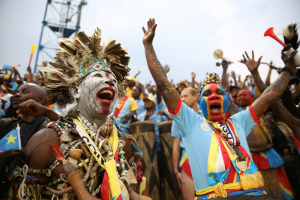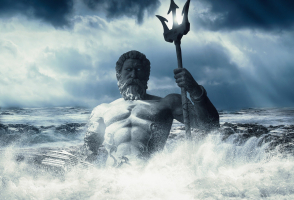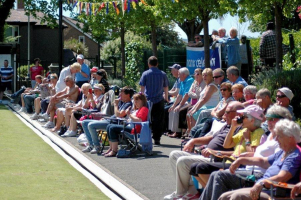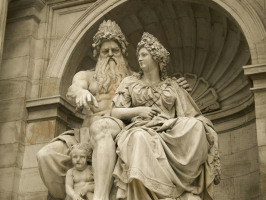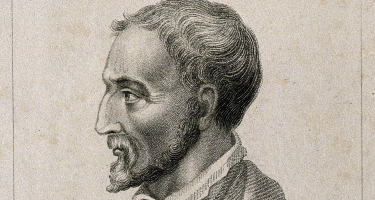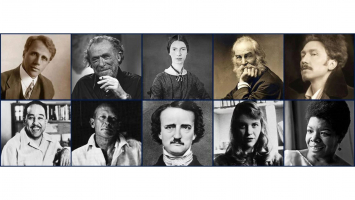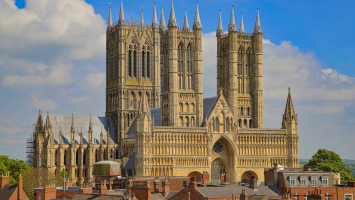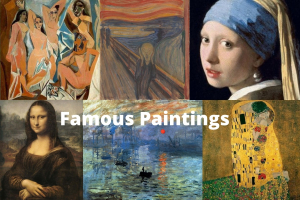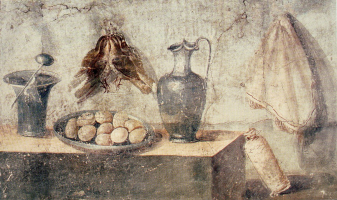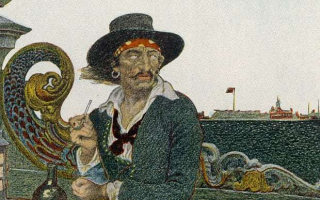Top 10 Most Famous People of the Victorian Era
There was a lot of advancement and change in Victorian England. During this time, a lot of notable and influential persons were either born or lived. We'll ... read more...talk about a few of the most famous people of the Victorians Era in this article.
-
From June 20, 1837, until January 22, 1901, Queen Victoria ruled as the monarch of the United Kingdom. Queen Victoria is linked to the great British era of industrial development, economic growth, and, particularly, empire. It was stated that after she passed away, Britain ruled a vast dominion where the sun never set.
Huge strides were made in technology (the telegraph and the popular press), science (Charles Darwin's theory of evolution), and wonderful civic works, many of which were supported by industrial humanitarians.
With the addition of Canada, Australia, India, and several African and South Pacific possessions, Britain's empire expanded by a factor of two.
During her reign, Victoria had some influence over world affairs, expressing her views while staying within the bounds of constitutional propriety. So, queen victoria is considered one of the most famous people of the Victorian Era.
Born: May 24, 1819
Died: January 22, 1901
Role: Queen of Great Britain
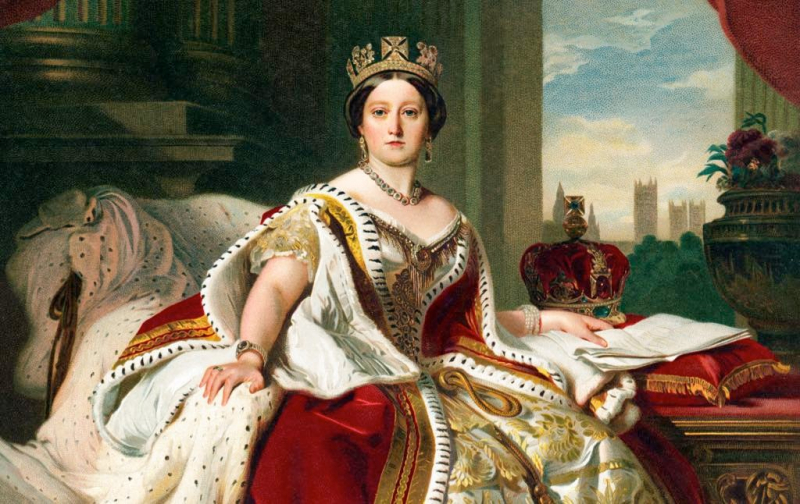
HistoryExtra 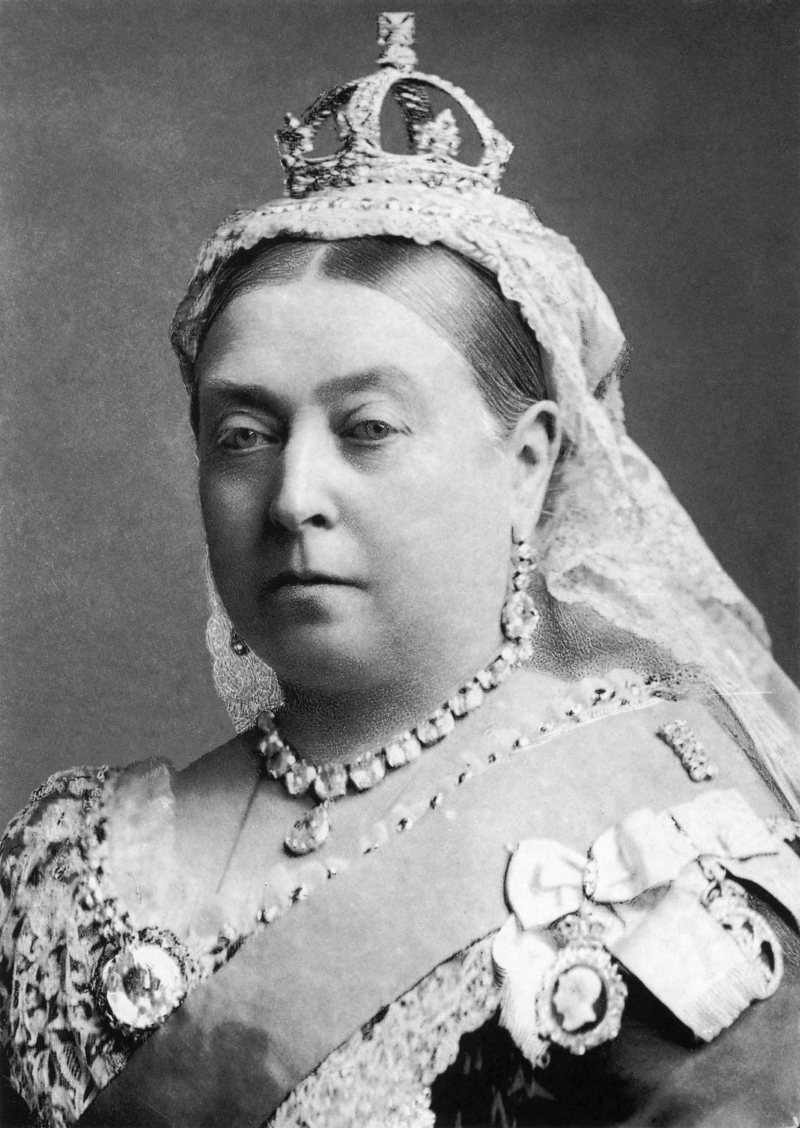
Wikippedia -
Susan B. Anthony, an American activist and prominent figure fighting for women’s liberation, was one of the most famous people of the Victoria Era.
Anthony distributed petitions calling for the liberty and property rights of married women. She spoke at the National Women's Rights Conference in 1854 AD and backed more noteworthy petition attempts.
Anthony joined the American Anti-Slavery Society in 1856 and was in charge of organizing meetings, giving speeches, putting up posters, and handing out flyers. Anthony and Elizabeth Cady founded the American Equal Rights Association (AERA) in 1868 AD, and it later became the publication known as "The Revolution."
She demonstrated her active participation in the "History of Woman Suffrage" project with Elizabeth Cady Stanton and Matilda Joslyn Gage from 1881 to 1885 AD.
In a similar vein, she founded the World Congress Women Representative at the Chicago World's Fair in 1893 and contributed to the founding of the International Women's Council.
When she started campaigning for women's rights, Anthony was mocked and accused of trying to destroy the institution of marriage. Public perception of her changed radically during her lifetime, however. Her 80th birthday was celebrated at the White House at the invitation of President William McKinley. She became the first woman to actually be included in US dollars in 1979.
Born: February 15, 1820
Died: March 13, 1906
Role: Fighting for women’s liberation.
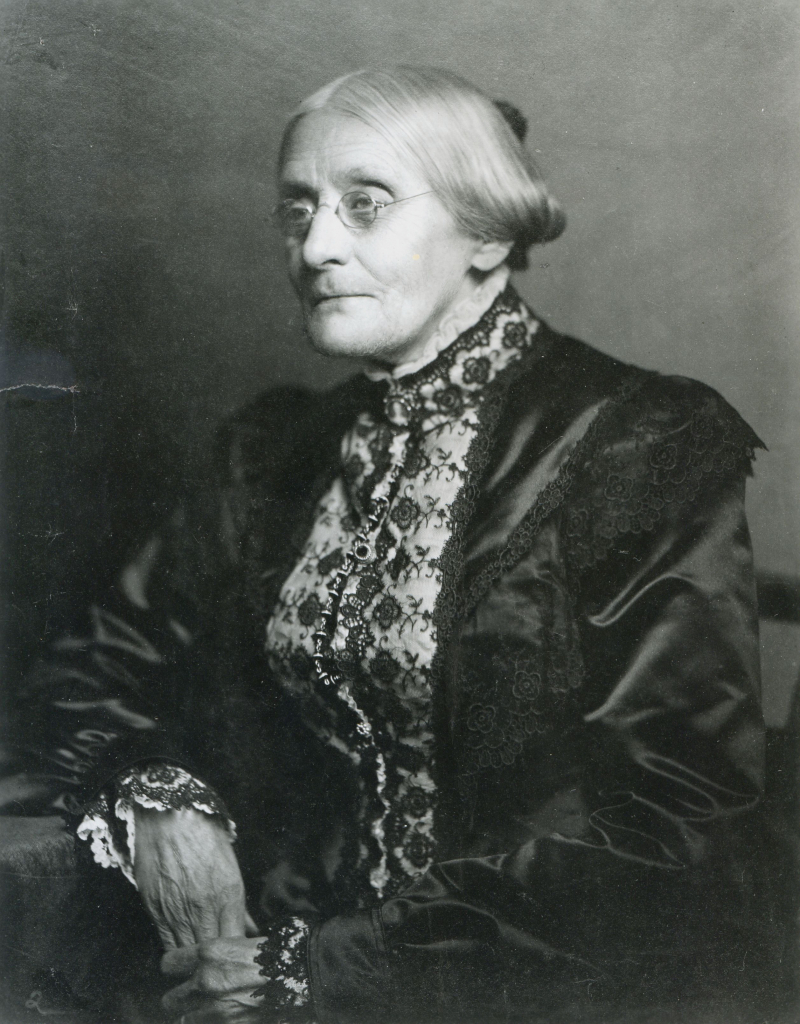
Wikipedia 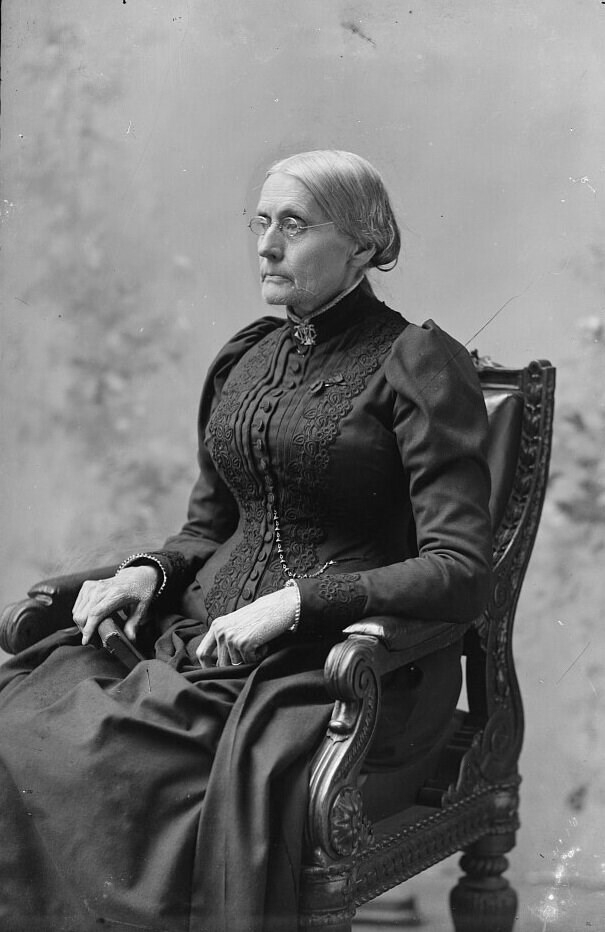
National Park Service -
English scientist Michael Faraday FRS made a substantial contribution to electrochemistry and electromagnetism. Thanks to his contributions, Michael Faraday is considered one of the most famous people of the Victoria Era.
He created electromagnetic induction in the year 1831 AD, which served as the foundation for electric transformers and generators. This discovery was essential in changing electricity from a curious new technology to a potent new one.
For the remainder of the decade, he concentrated on expanding his ideas on electricity. As a result, the terms "electrode," "cathode," and "ion" were created.
In addition, because of his last name, the term "farad," which was originally used to describe an electrical charge unit, was later referred to as an electrical capacitance unit.
Born: September 22, 1971
Died: August 25, 1867
Role: electrochemistry and electromagnetism.
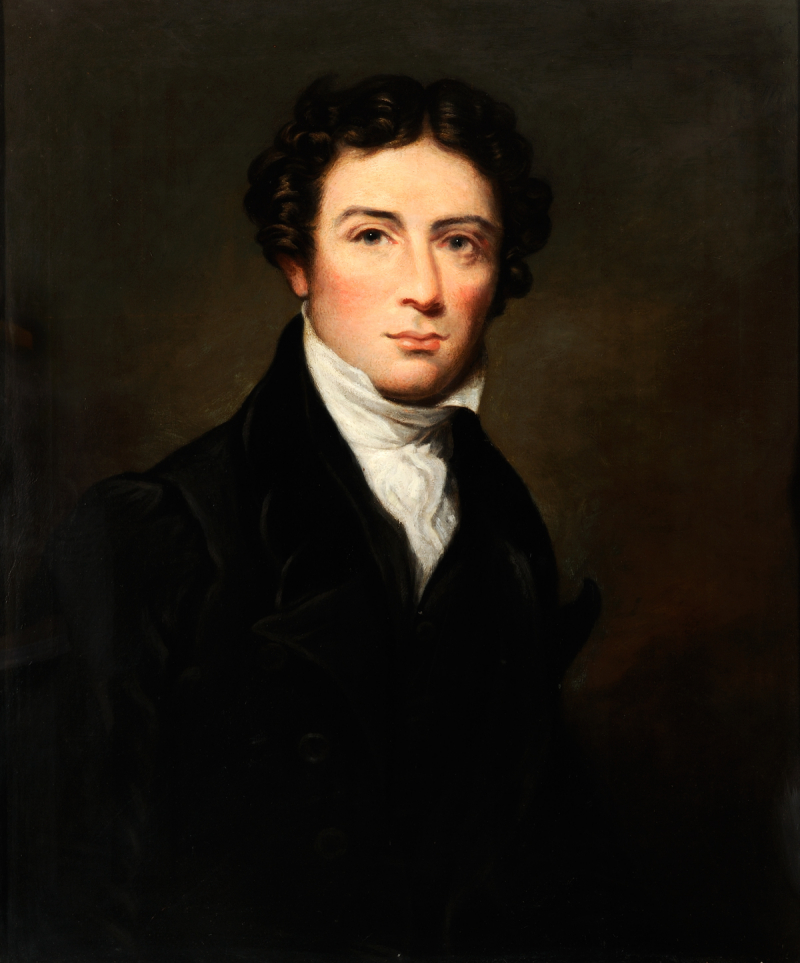
Wikipedia 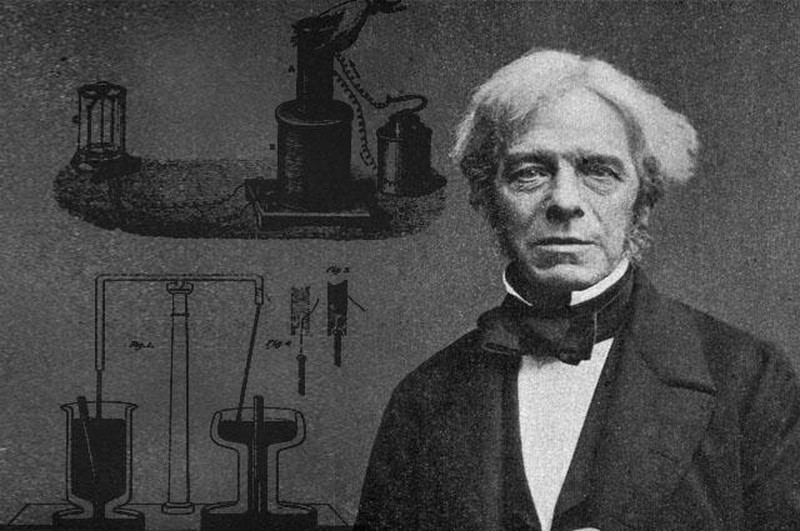
VIetnam Daily -
Charles Darwin was a British scientist, geologist, and biologist, known for his major contributions to evolutionary biology. He is one of the most famous people of the Victorian Era.
In the year 1831, Darwin traveled as a naturalist on board the HMS Beagle, a vessel of the British Royal Navy. He visited Chile, Brazil, Argentina, and the Galápagos Islands, and he mostly focused on collecting plants, animals, rocks, and fossils there.
He packed up all of his samples and sent them to England aboard several ships. He made his most well-known discovery, "Natural Selection," as a result of this research.
He published the Origin of Species, which contained his beliefs on natural selection and evolution, in 1859 AD.
Born: February 12, 1809
Died: February 19, 1882
Role: biologist, scientist, and geologist
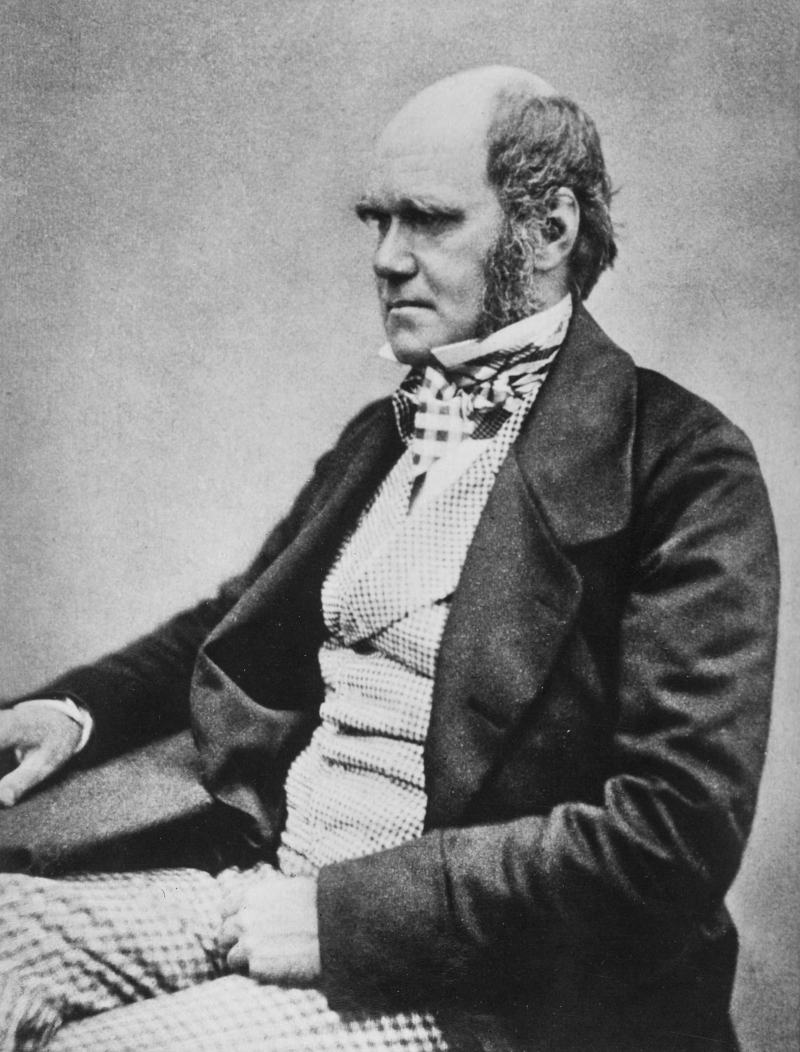
Wikipedia 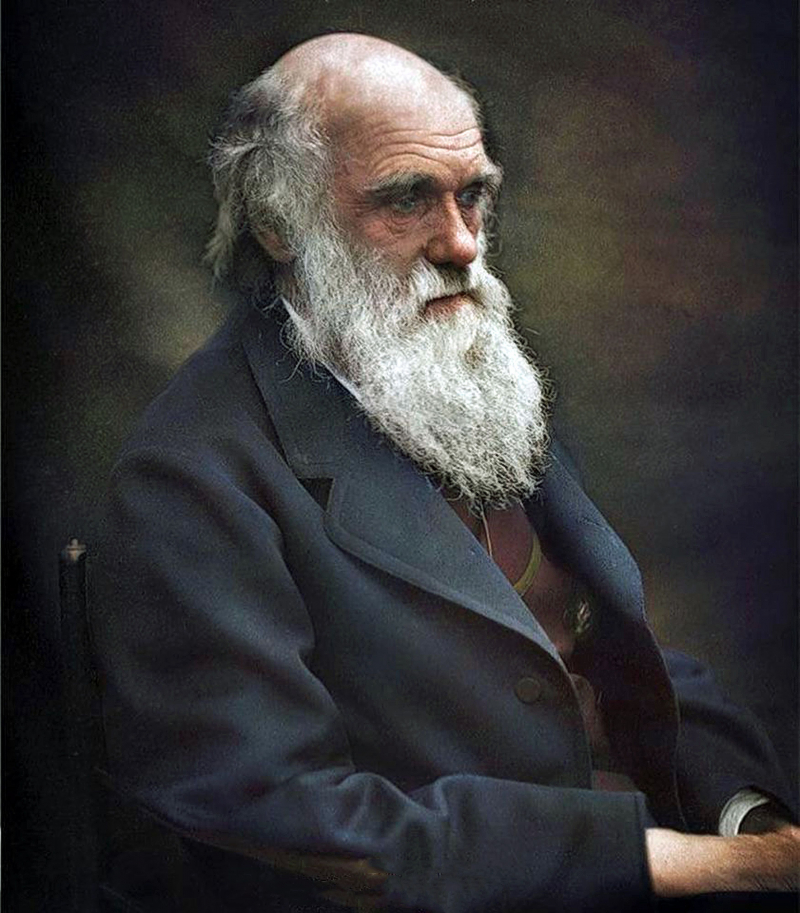
Pinterest -
The British nurse, philanthropist, and statistician Florence Nightingale is most known for laying the groundwork for contemporary nursing. Her work elevated the nursing profession as a whole to a position of great dignity in society.
One of the largest wars in history was the Crimean War, which began in 1854 AD. It was the British, French, and Turkish war against Russia, in which tens of thousands of soldiers were hurt.
Florence made her way to a British military barracks outside of Constantinople together with 38 nurses (Istanbul). Florence saw the poor health conditions in these settlements.
In a filthy environment with few amenities, a few medics frantically attempted to handle patients while injured soldiers were left on the ground. Florence used her mathematical expertise to note the mortality rate at the hospital. Statistics show that for every 1000 injured soldiers, 600 perished from infectious and communicable diseases.
Florence's solutions were crucial. She made an attempt to keep the area tidy. She provided food, clean water, and medical supplies in addition to that.
Death rates decreased from 60% to 42%. As a result, she received the title "The lady with the lamp in history" and was one of the most famous people in the Victorian Era.
Born: May 12, 1820
Died: August 13, 1910
Role: nurse, philanthropist, and statistician
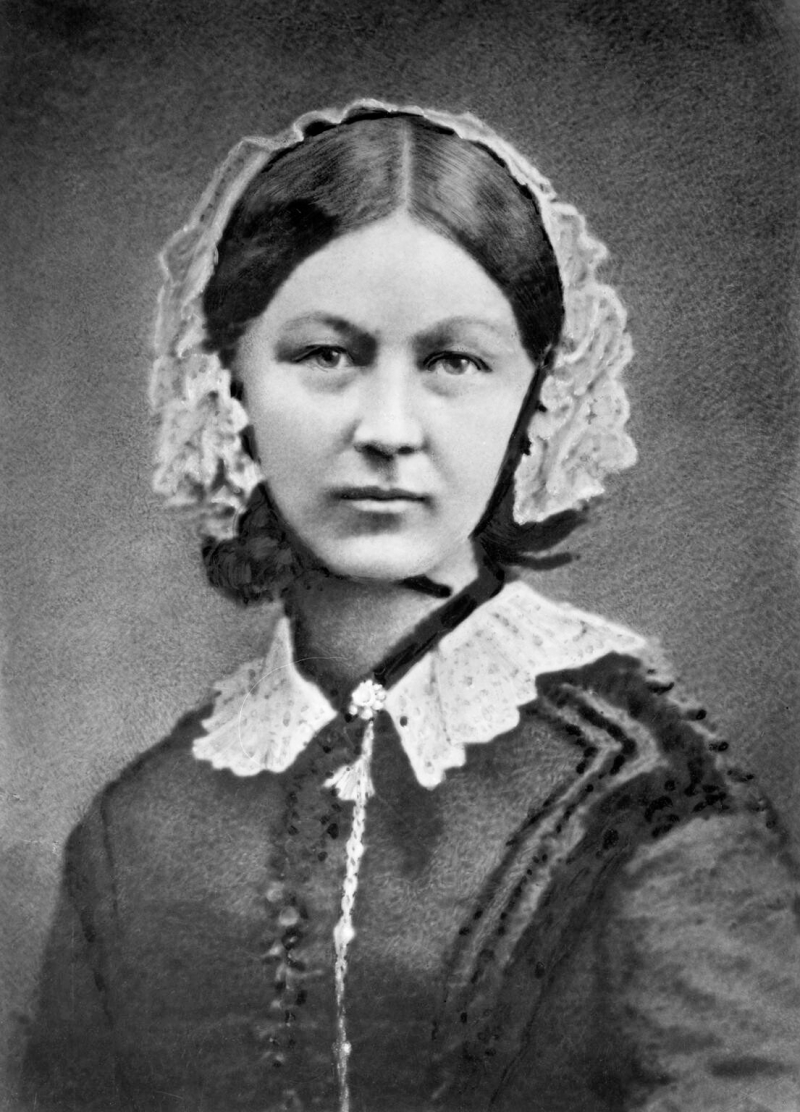
Wikipedia 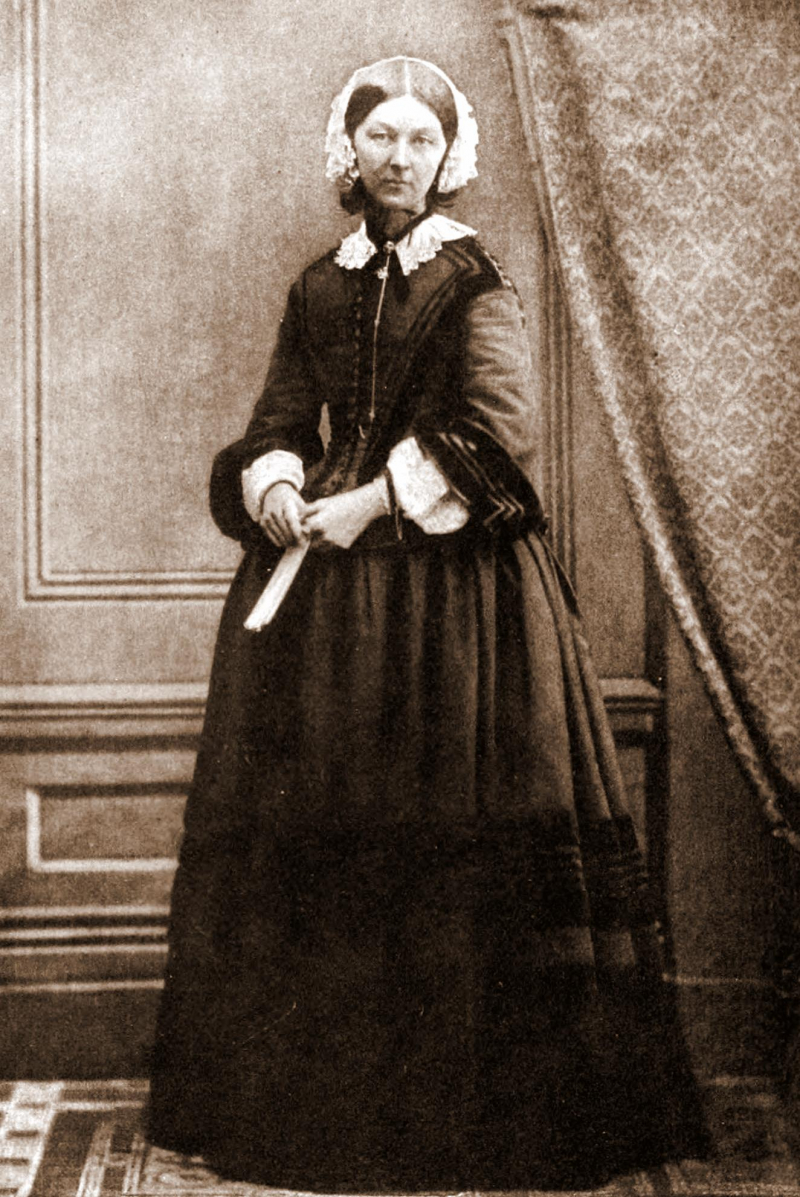
Wikipedia -
One of history's most prominent inventors was Thomas Alva Edison. He also created the phonograph, upgraded telegraph, telephone, motion picture camera, and incandescent light bulb.
A safe, affordable electric light to replace the gaslight was a challenge that experts had been thinking about for 50 years before Thomas Edison set out to solve it in 1878 AD.
He achieved success with a platinum filament light bulb in October 1879 AD. He found carbonized bamboo as a workable filament substitute in 1880, which turned out to be the secret to a durable and affordable light bulb.
In 1881 A.D., he established an electric light business in Newark before relocating his family to New York the following year. He is recognized as one of the most famous people in the Victorian Era for setting the foundation for contemporary technology and society in the age of electricity.
Born: February 11, 1847
Died: October 18, 1931
Role: inventor
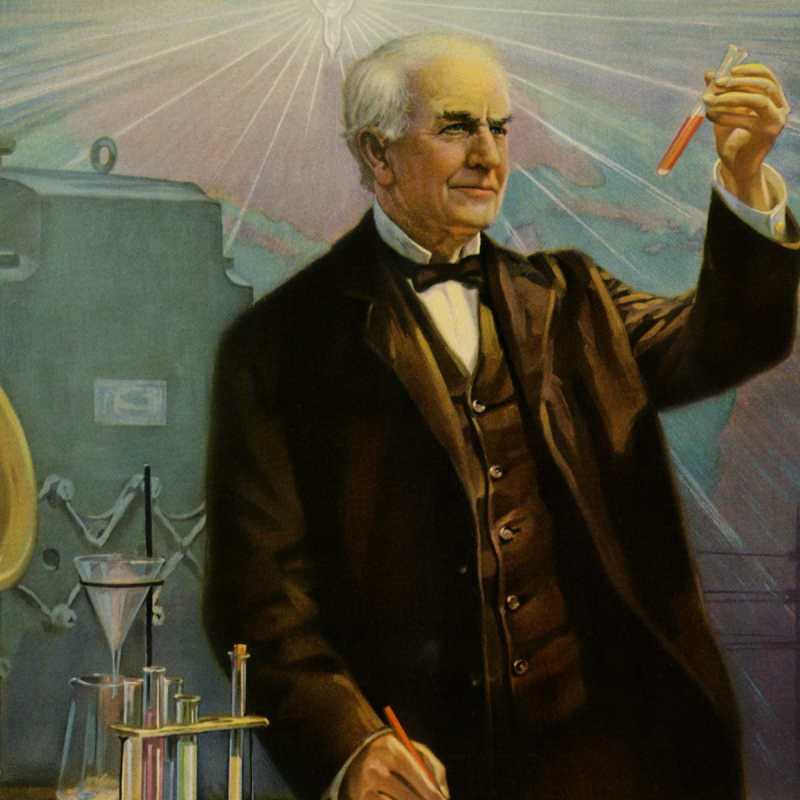
Wikipedia 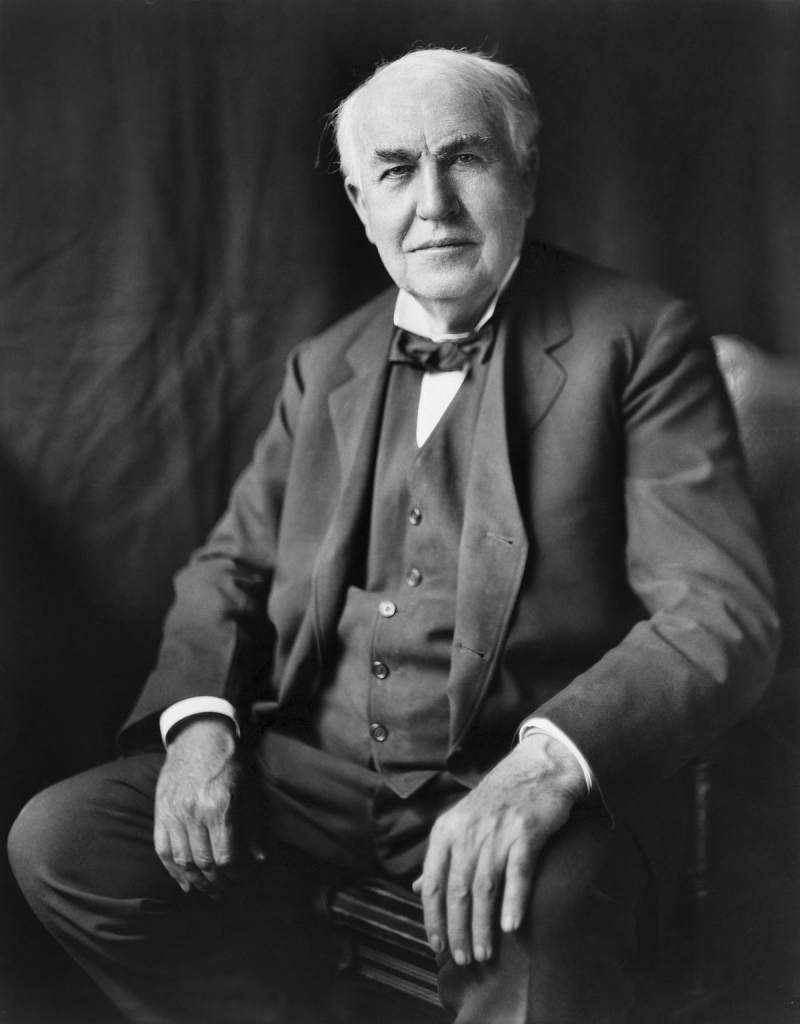
Wikipedia -
In 1871 AD, Elizabeth Garrett Anderson, a brilliant medical pioneer, established the New Hospital for Women in London. She is one of the most famous people in the Victorian Era.
When she passed the Society of Apothecaries' tests in 1865 A.D., she became the first woman in the United Kingdom to be certified as a doctor. In order to stop others from following her example, the Society of Apothecaries subsequently prohibited women from taking its exams.
When she received her medical degree from Paris in 1870, she became the first (and only for 19 years) female member of the British Medical Association.
In 1874, Anderson helped found the first medical school in the UK to train women as physicians, the London School of Medicine for Women.
Garrett Anderson served as dean of the London School, which eventually became the Royal Free Hospital of Medicine and a college of London University, from 1883 to 1902 AD. Later, Anderson's New Hospital in London was given that name.
Born: June 9, 1836
Died: September 17, 1917
Role: physician and suffragist.
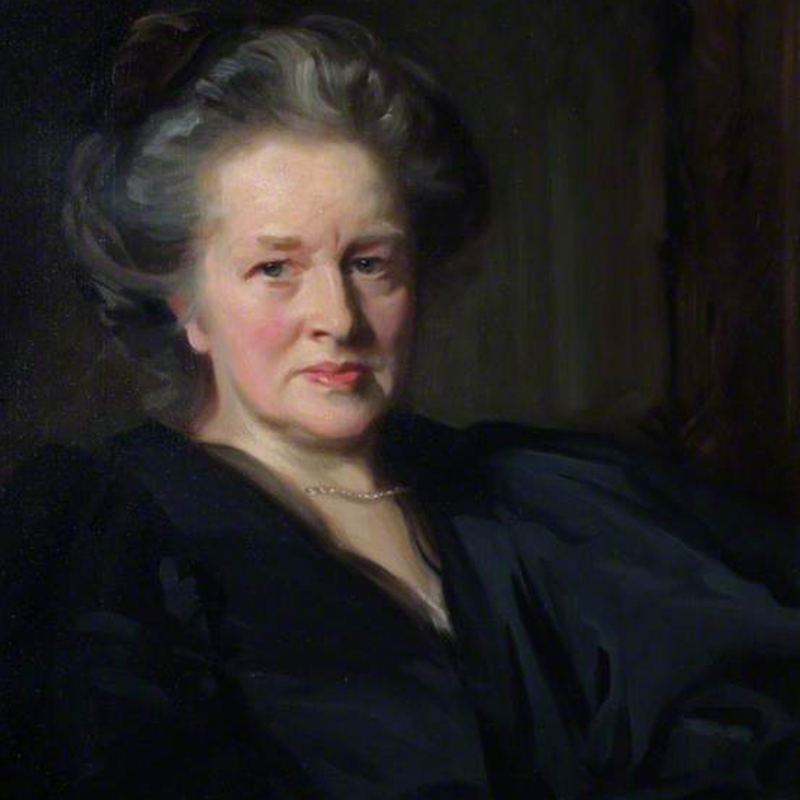
Wikipedia 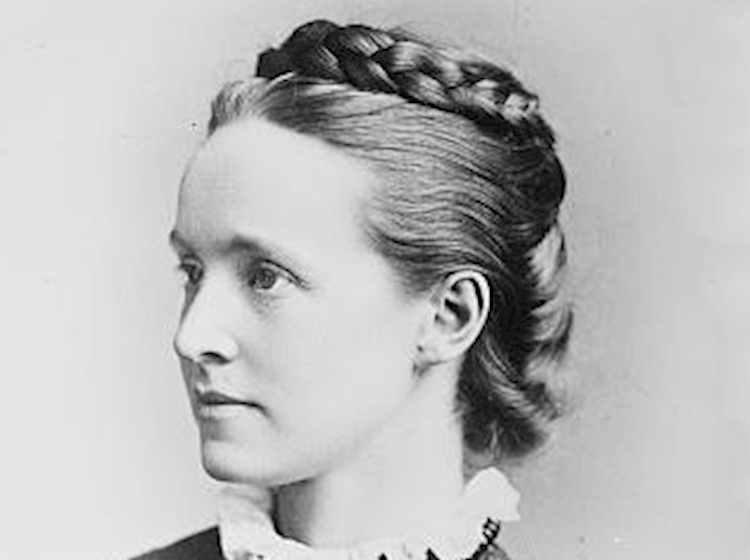
The history press -
Lewis Carroll was one of the most famous people in Victorian novelists of all time. Carroll adored making up stories for children despite being an introvert.
Two of his well-known masterpieces are Through the Looking-Glass and Alice's Adventures in Wonderland.
Alice, the daughter of Henry George Liddell, was the inspiration behind Carroll's greatest works for children. Alice recalled spending a lot of time curled up on Carroll's couch, listening to he narrate intriguing stories about dream realms.
Alice's Adventures in Wonderland was released in 1865. Carroll opted to write Through the Looking-Glass and What Alice Found There as a follow-up because of its ongoing popularity (1871 AD). These books rank among the most well-known children's books ever written.
Born: January 27, 1832
Died: January 14, 1898
Role: author, poet, and mathematician
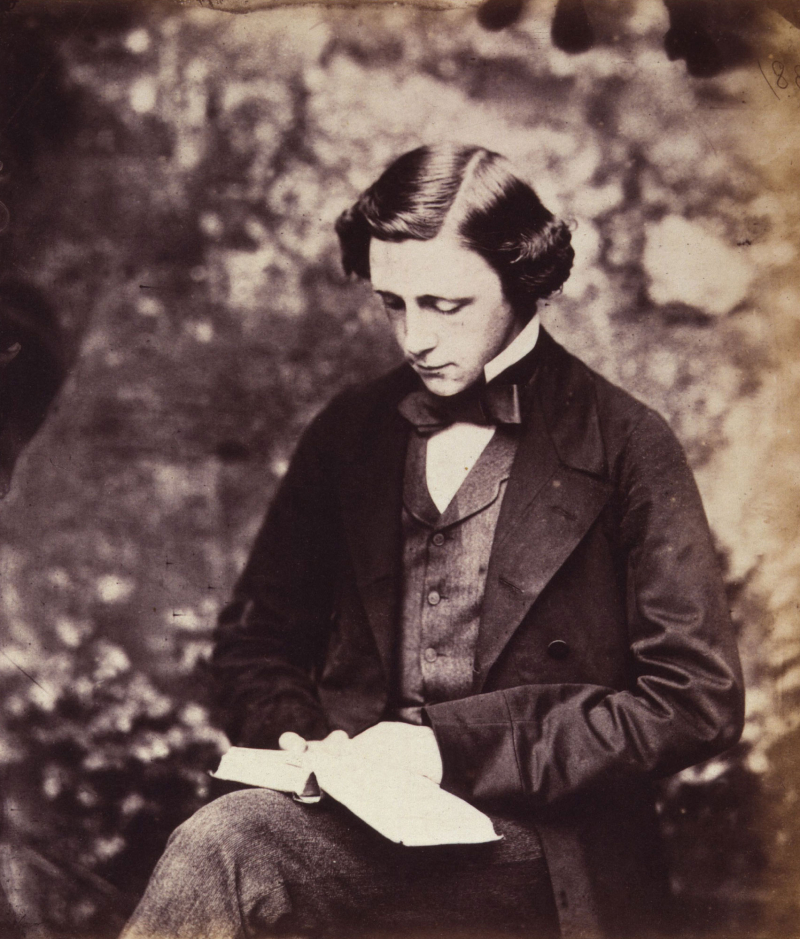
The British Library 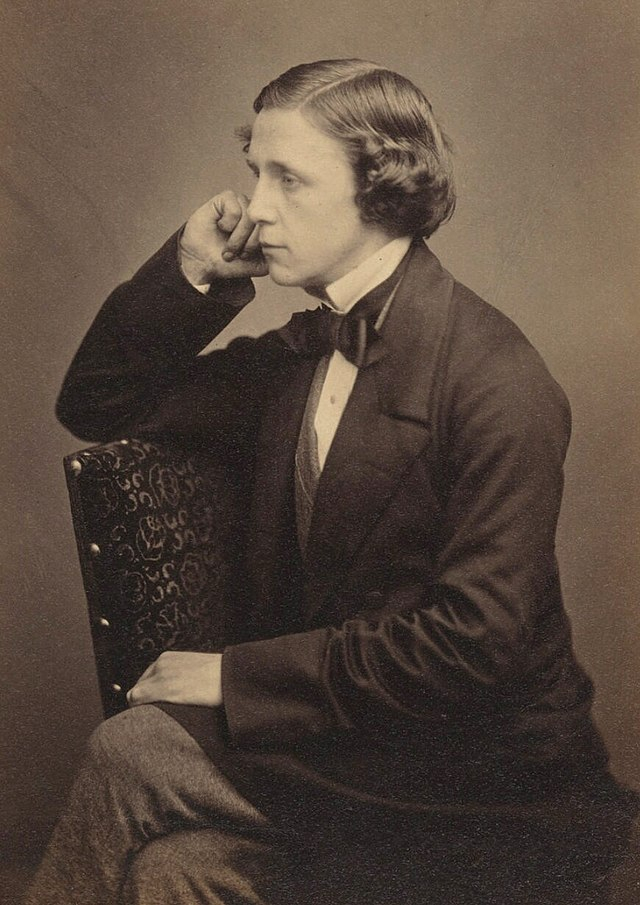
Wikipedia -
Charles Dickens was one of the most famous people in the Victorian Era. As a novelist, journalist, editor, illustrator, and social critic, he was regarded as the best in Britain.
Great Expectations, David Copperfield, Oliver Twist, and A Christmas Carol are a few of his well-known Victorian writings. When Dickens initially started as a reporter, his literary career also began. Together with "The True Sun" and "The Mirror of Parliament."
A few of his sketches were published under the pen name "Boz." He wed Catherine Hogarth, the editor of "Sketches by Boz," in the year 1836 AD. Then, He launched his career after the publication of the hugely popular "Pickwick Papers" and never looked back.
He authored travel books, edited two weekly journals (Household Words and All Year Round), published memoirs, and oversaw charitable organizations.
Born: February 7, 1812
Died: June 9, 1870
Role: writer and social critic
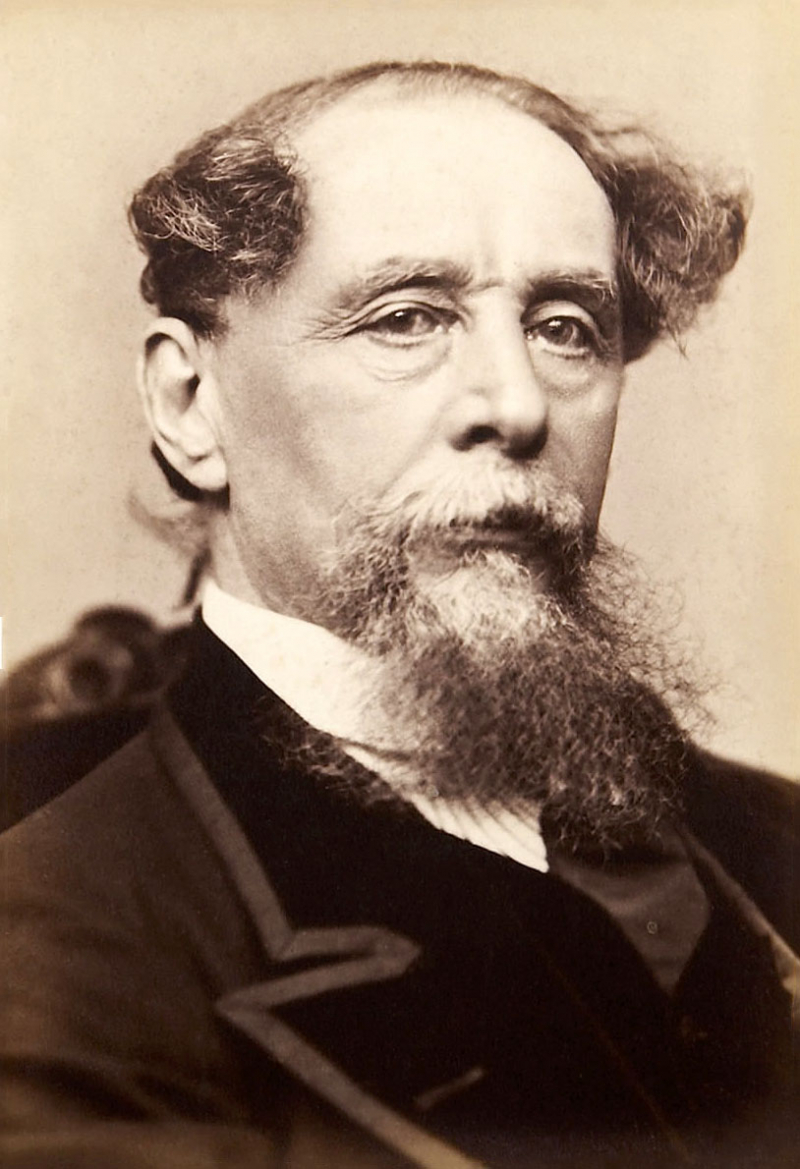
Wikipedia 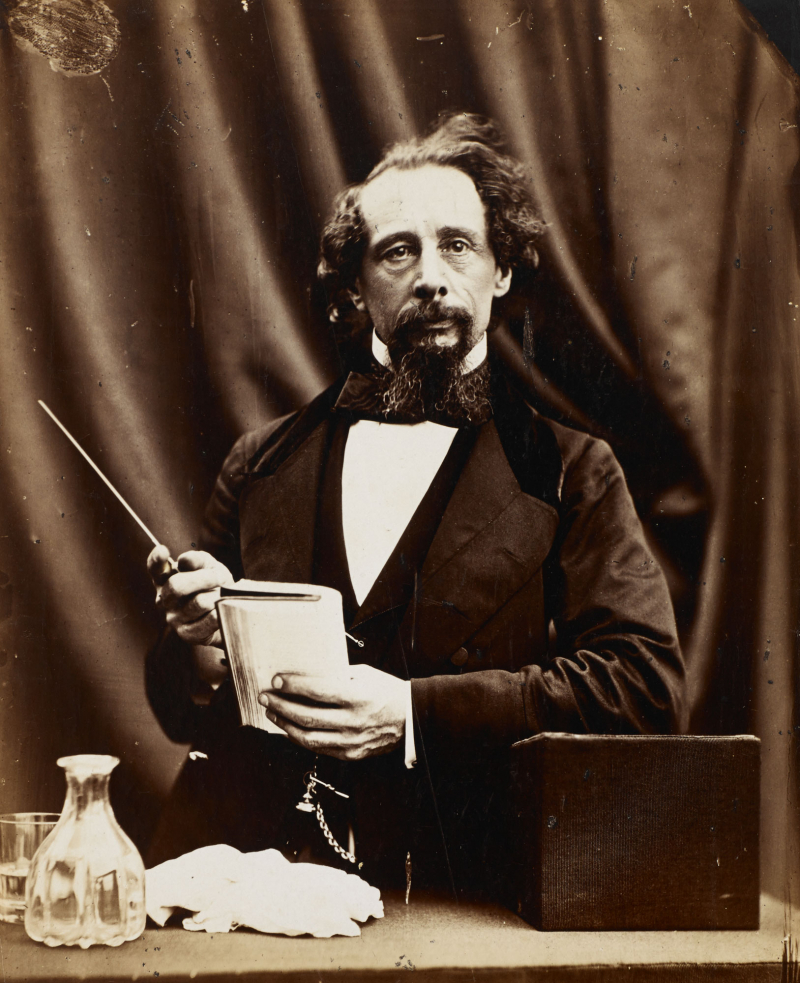
The British Library -
Scientist and inventor Alexander Graham Bell was of Scottish descent. In 1876 A.D., he created the first functional telephone, and in 1877 A.D., he established the Bell Telephone Company. Thanks to his invention, he is one of the most famous people in the Victorian Era.
Bell invented the visible speech method of educating deaf and hard-of-hearing children when he immigrated to Canada with his family in the year 1870. His father developed audible speech.
He founded a Boston school for deaf teachers in 1872 AD and taught vocal physiology at Boston University from that time until 1873 AD.
Bell had been interested in the idea of transmitting voice, and by the year 1875 AD, he had created a basic receiver that could transform electrical power into sound.
Bell founded the Volta Laboratory in Washington, D.C., where he collaborated with Hellen Keller, using the funds he obtained after winning the French Volta Prize for his invention in 1880. He was also one of the National Geographic Society's original members.
Born: March 3, 1847
Died: August 2, 1922
Role: inventor
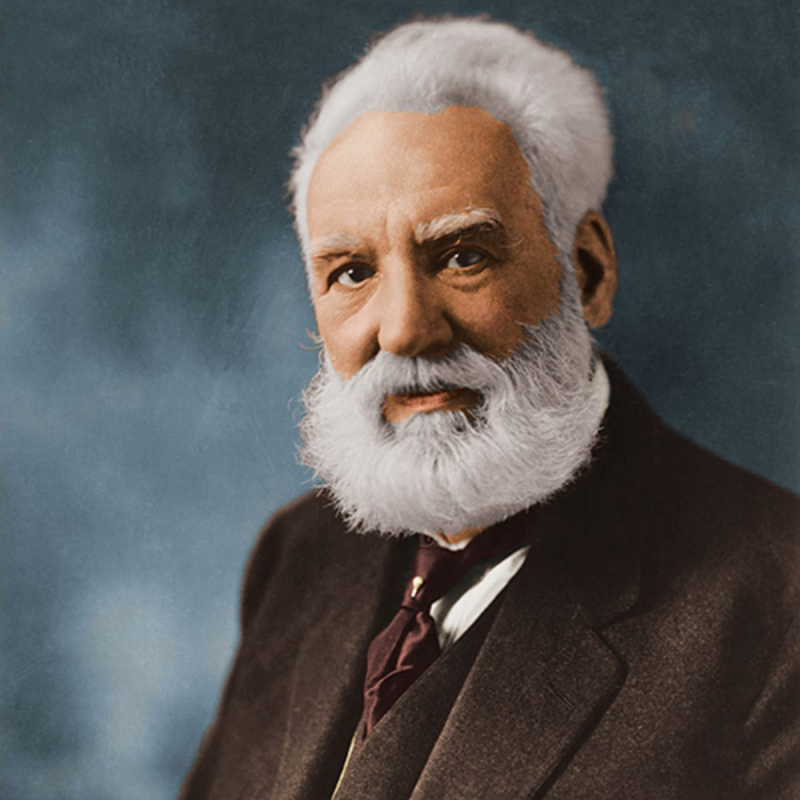
Mylaw 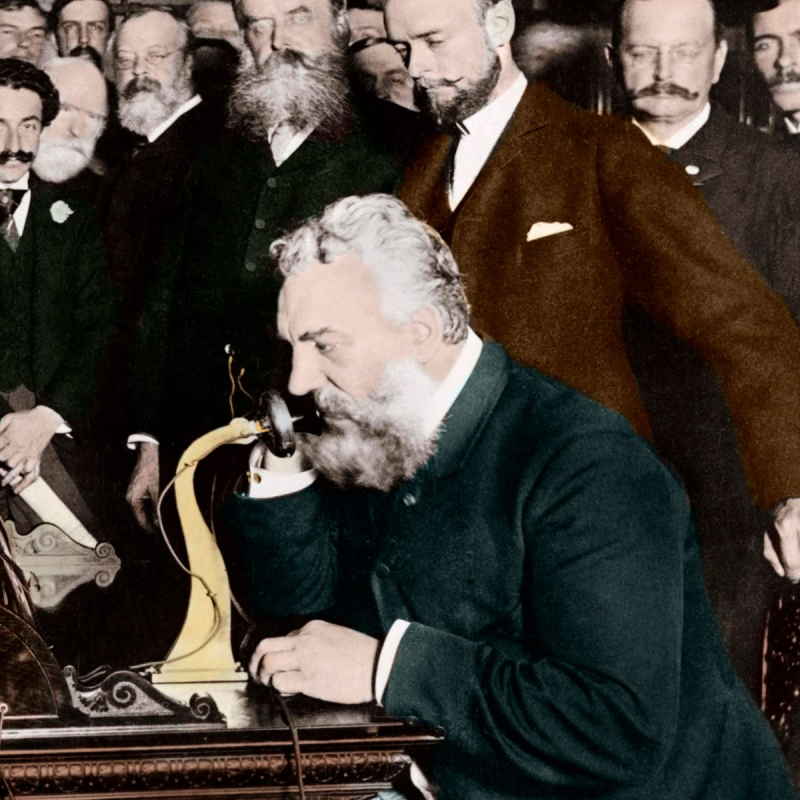
History.com












